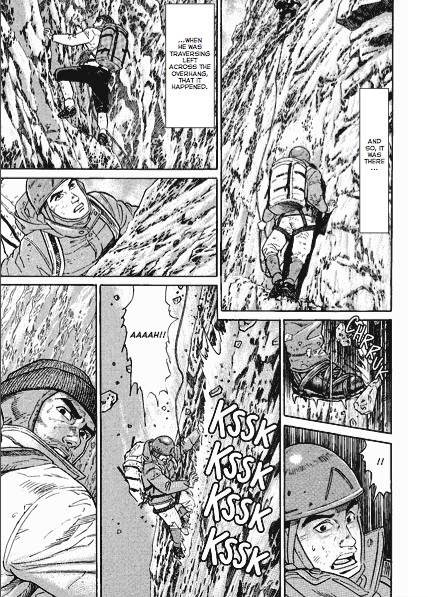Legend, Vol. 6
By Kara & Woo SooJung
Published by Yen Press
As the confrontation between No-Ah and Toh (the fourth blade of the Seven Blade Sword) continues, Toh reveals his true mission–to keep the blades of the Sword from being collected together, thus preventing world chaos, a consequence of which No-Ah was previously unaware. When Eun-Gyo arrives in the middle of it all, it becomes clear that she is not herself but instead Joo-Ji, the central blade of the Sword, who chose to be reborn as human in order to be reunited with her lover, which unexpectedly turns out to be No-Ah. When No-Ah meets her, however, he is only concerned about what has happened to Eun-Gyo, whom he is determined to protect in this life. Meanwhile, Ho-Dong searches frantically for Eun-Gyo, revealing his own past-life agenda–to reunite with Joo-Ji before No-Ah can steal her away from him again–as well as his current allegiance as a spy working for the same side as trickster Poong. Horrified to discover that No-Ah has reached her before he could, Ho-Dong reverts into a young man, the true form he has been hiding all along. As the volume continues, the web of past loves becomes even more tangled when the true identity of No-Ah’s sister, Seo-Hee, is revealed.
This volume is simply packed with new revelations, each contributing to this series’ sudden burst of new life. After several somewhat tepid volumes, this series is finally coming together and the effect is quite stunning. Each of the characters has gained new depth with further revelations regarding their past lives, particularly No-Ah and Ho-Dong who are being pulled in multiple directions by the often-conflicting motivations of their past and present selves. No-Ah’s lack of clear memory makes his position particularly complex, while Ho-Dong’s clear, painful memories make his especially poignant. “You must be more furious than sad,” teases the ever-smug Poong upon Ho-Dong’s return to his original form, “Isn’t that why you’ve decided to stop being a spy? You want to try to steal Miss Eun-Gyo from No-Ah, right?” adding cruelly, “Didn’t have the confidence to seduce her as a kid?”
Both No-Ah and Ho-Dong are in unenviable positions–No-Ah becoming more and more aware of the fact that the quest necessary to save his sister may have grave, far-reaching consequences and Ho-Dong being continuously faced with the same heartbreak time and time again–and with the lines between “sides” blurring further with each chapter it’s difficult to judge either of them by their choices. That the story’s creators have managed to paint all of this in such varied shades of gray is largely responsible for the success of this volume, and though their decision to withhold so much until this far in may have cost them some readers earlier on, the payoff is substantial. Even Eun-Gyo’s dense single-mindedness has taken on a newly rich tone as it becomes clear that she is, on some level, being manipulated by emotions generated by her past life. Only No-Ah, from his unique perspective of being both aware of and detached from his past life, is able to truly separate the feelings of his past self from his own, giving him a peculiar advantage over most everyone else.
After waffling on this series for so long, it is a pleasure to be able to finally recommend Legend. Though it gets off to a slow start, this series is a great choice for fans of shojo adventure manga and may appeal especially to those who have had difficulty embracing the art style in much of Yen Press’ manhwa catalogue. Though I personally prefer the clean, solid look of manhwa titles like Goong and One Thousand and One Nights, or even the quasi-alien look of something like 13th Boy, many manga fans consider those style to be hard or flat–words that could not possibly be used to describe Kara’s artwork here. With its flowing, wispy, undeniably cute art style and new air of romantic drama, Legend finally establishes a strong place for itself in Yen’s current lineup of girls’ manhwa.
Review copy provided by the publisher.

















